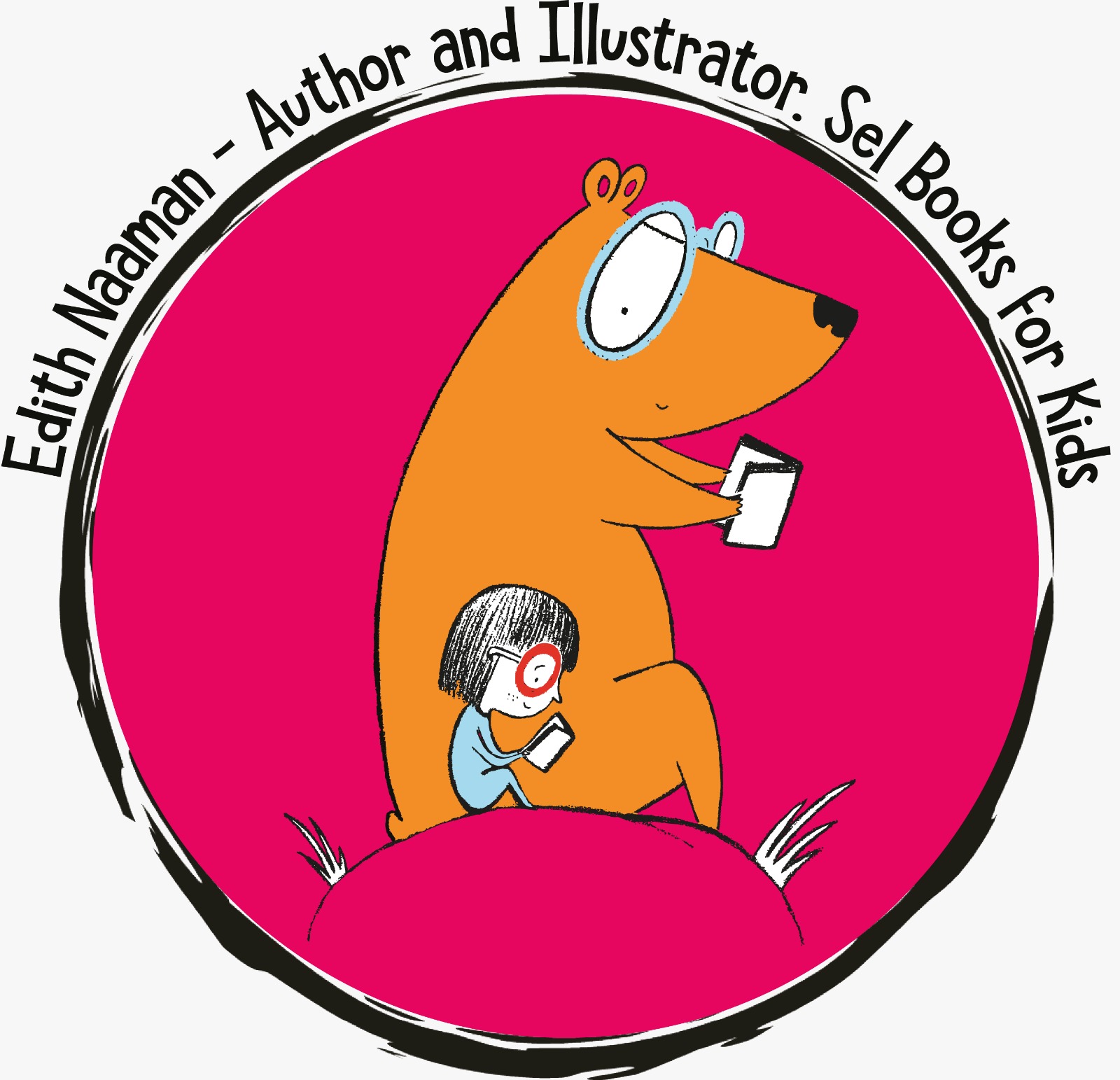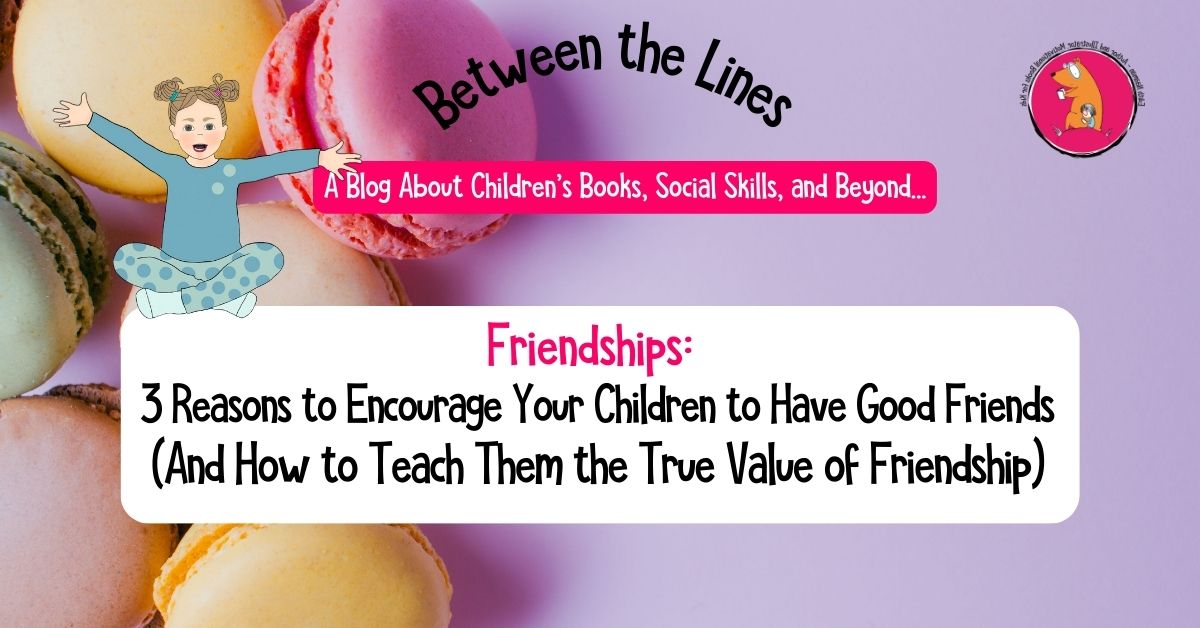Friendships are an integral part of life, from childhood to adulthood, providing us with a sense of belonging, emotional support, and security. Like in many social skills, children often need encouragement and guidance to help them find good friends and maintain these relationships over time.
Sounds familiar? Do your children sometimes struggle to make new friends? Discover three good reasons to encourage your children to cultivate good friendships, along with helpful parenting strategies, practical tools, and the wonderful benefits that come with them in the article below. Feel free to read, implement, and share.
Friendships and interpersonal connections are some of the most significant components of children’s cognitive and emotional development. Understanding the importance of social connections and providing practical tools to nurture good relationships, will help children develop their social skills according to their abilities, enhancing their sense of belonging and happiness.
Development of Interpersonal Skills Throughout Childhood
Ages 3-4: At this age, children begin to understand the concept of a “friend” and form initial connections primarily through shared play.
They learn to share toys and participate in simple games together, like building a tower of blocks or role-playing, which teach them the basic skills of interpersonal communication.
Ages 5-6: At this age, cooperation skills improve, alongside an understanding of rules such as taking turns in a shared game, negotiating, and resolving conflicts more maturely.
For example, children aged 5-6 will enjoy board and card games, which require them to wait patiently for their turn, respect the game rules, and learn to deal with winning and losing.
Ages 7-8: At this age, children develop deeper connections, understand the importance of mutual support, improve their conflict resolution skills,
and are able to share emotions, give and receive emotional support, and build more stable and profound relationships.
3 Parenting Strategies to Encourage Friendships
- Be a Role Model: As we know, children learn a lot from observing their parents. Therefore, demonstrate kindness, empathy, and effective communication in your interactions with friends and others.
For example, when you invite guests over, involve your children in the preparations, showing them how you think about the guests and plan to make them happy and enjoy their company. - Create Opportunities for Social Interaction: Organize playdates, participate in community events, and encourage group activities that allow your child to interact with friends.
The more opportunities they have to practice social skills, the better they will become at forming and maintaining friendships. - Teach Them to View Disagreements from Different Perspectives: Disagreements are a natural part of any relationship. Then, teach your children to handle conflicts calmly and constructively through role-playing.
For example, when your children tell you about a disagreement or an argument with a friend, listen to them and allow them to express their feelings. Then, offer interpretations that represent the friend’s perspective and help them find a mutually agreeable solution.
3 Personal Development Tools to Help Your Children Strengthen Social Connections
- Open-Ended Questions: Using open-ended questions is a coaching tool that helps children deepen conversations, understand others better, and create stronger connections.
Encourage your children to ask their friends open-ended questions like, “What did you enjoy doing today?” or “What made you laugh today?” and then expand the conversation to shared hobbies and interests. - Creating Positive Anchors: Creating anchors is a technique from NLP that uses positive past events to encourage positive feelings in the present. Encourage your children to recall positive experiences they had with their friends and use these memories to boost their confidence in less familiar social situations.
For example, before your children go to meet new friends, talk to them about enjoyable moments they had with other friends, remind them how much fun they had, and help them connect to the joy they felt in anticipation of the upcoming. - Mindful Breathing: Mindful breathing is a mindfulness technique that helps children focus on the present moment and handle social situations more calmly and mindfully. Encourage your children to take a few deep breaths before challenging social situations.
For example, when your children feel anxious before an unfamiliar activity, encourage them to take three deep breaths and focus on the sensations created by the breathing. This will help them feel calmer and more prepared for the new experience.
3 Social Skills That Good Friendships Promote and Enhance
- Attentiveness: Attentiveness is an important skill that allows children to better understand their friends and connect with them more deeply.
Encourage your children to listen to their friends without interrupting and teach them ways to show that they are truly listening. For example, teach them to nod, maintain eye contact with the speaking friend, and make supportive comments like “I understand… That sounds really interesting… Wow, it seems like you had fun…” - Empathy and Caring: Through attentiveness and strengthening friendships, your children will learn to better understand their friends and be sensitive to their needs. Encourage them to be attentive to their friends and offer help as much as they can.
For example, teach them that when they see a friend feeling sad, they can offer supportive words like, “I see you’re sad,” show interest in what happened, and offer help in solving the problem, such as looking for a lost toy together or playing with another toy. - Loyalty: Loyalty is an integral part of good friendship. A strong connection strengthens loyalty between children, and loyalty, in turn, deepens the connection, allowing them to trust each other. Encourage your children to support their friends, stand by them in difficult times, and celebrate with them in happy times.
For example, when a good friend wins a drawing competition, they can express their joy with words like, “What a beautiful drawing! You deserved to win!” and in times of disagreement with other children, they can stand by their friend, even if they don’t agree, and later, in private, offer a different perspective respectfully and discreetly, as good friends do.
Bottom Line
Friendships are an integral part of life, from childhood to adulthood, providing us with a sense of belonging, emotional support, and security.
As you have learned from the article, by encouraging your children to create and maintain good friendships, you help them develop important social skills and values, such as boosting self-confidence and creating a support network. You also provide them with practical skills like engaging questions and mindful breathing, and instill in them essential values for life, such as attentiveness, empathy, caring, and loyalty.
“The Girl That Brought Spring Back”
Attentiveness, caring, empathy, and loyalty, that stem from good friendships are the values that guide little Jordana, as she sets out to help her favorite tree restore its folliage – against all odds.
This is a heartwarming book about empathy, determination, and perseverance, that will equip your children with useful tools to face challenges and failures with attentiveness, caring, and a lot of goodwill.
Now It’s Your Turn
Did you like the article? Share it with friends.
Want to strengthen your children’s ability to face challenges and difficult situations successfully?
Click on the pink button now and purchase the book “The Girl That Brought Spring Back”.

